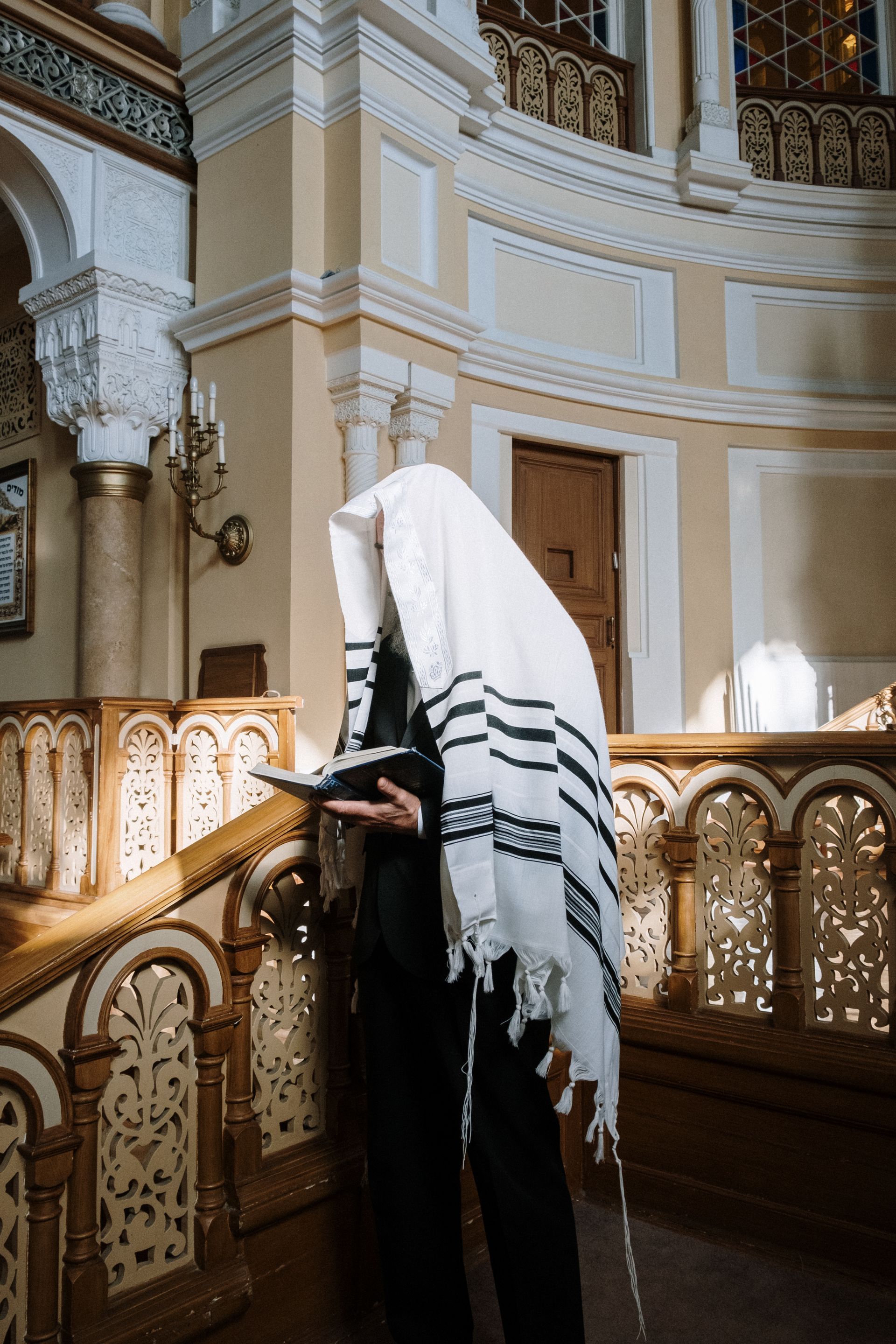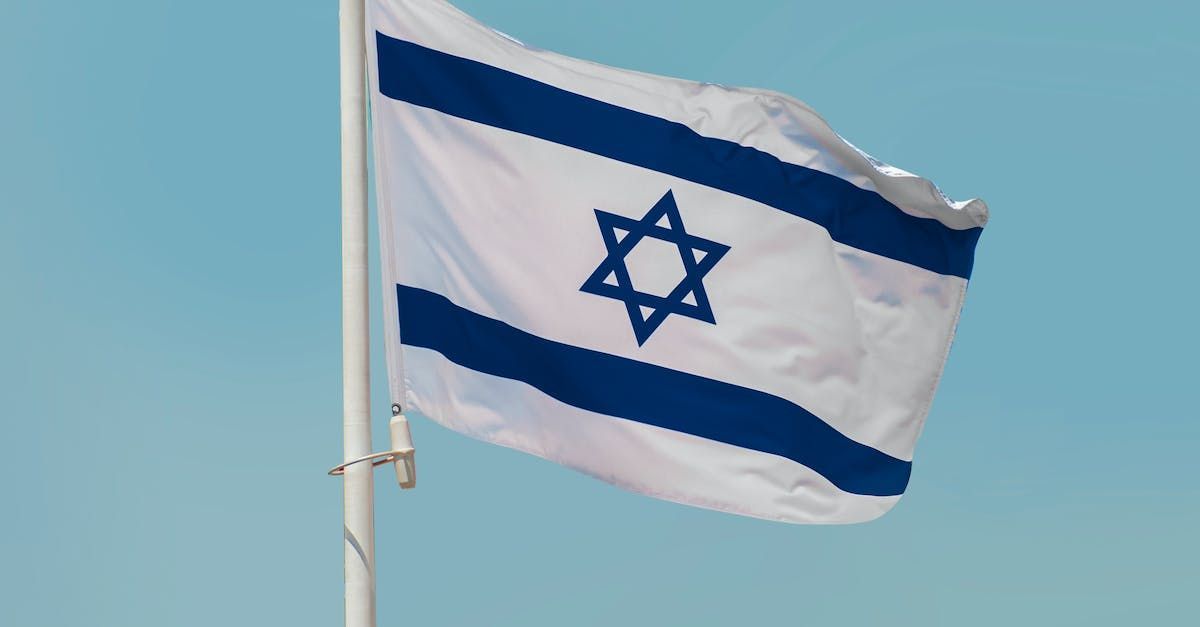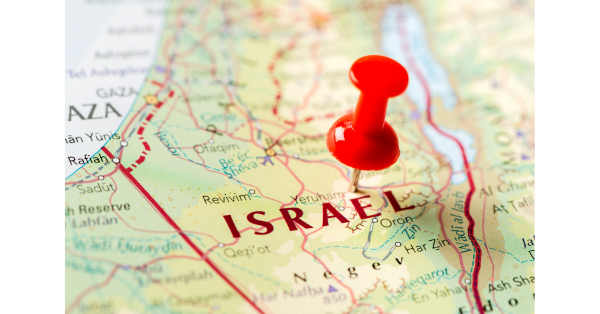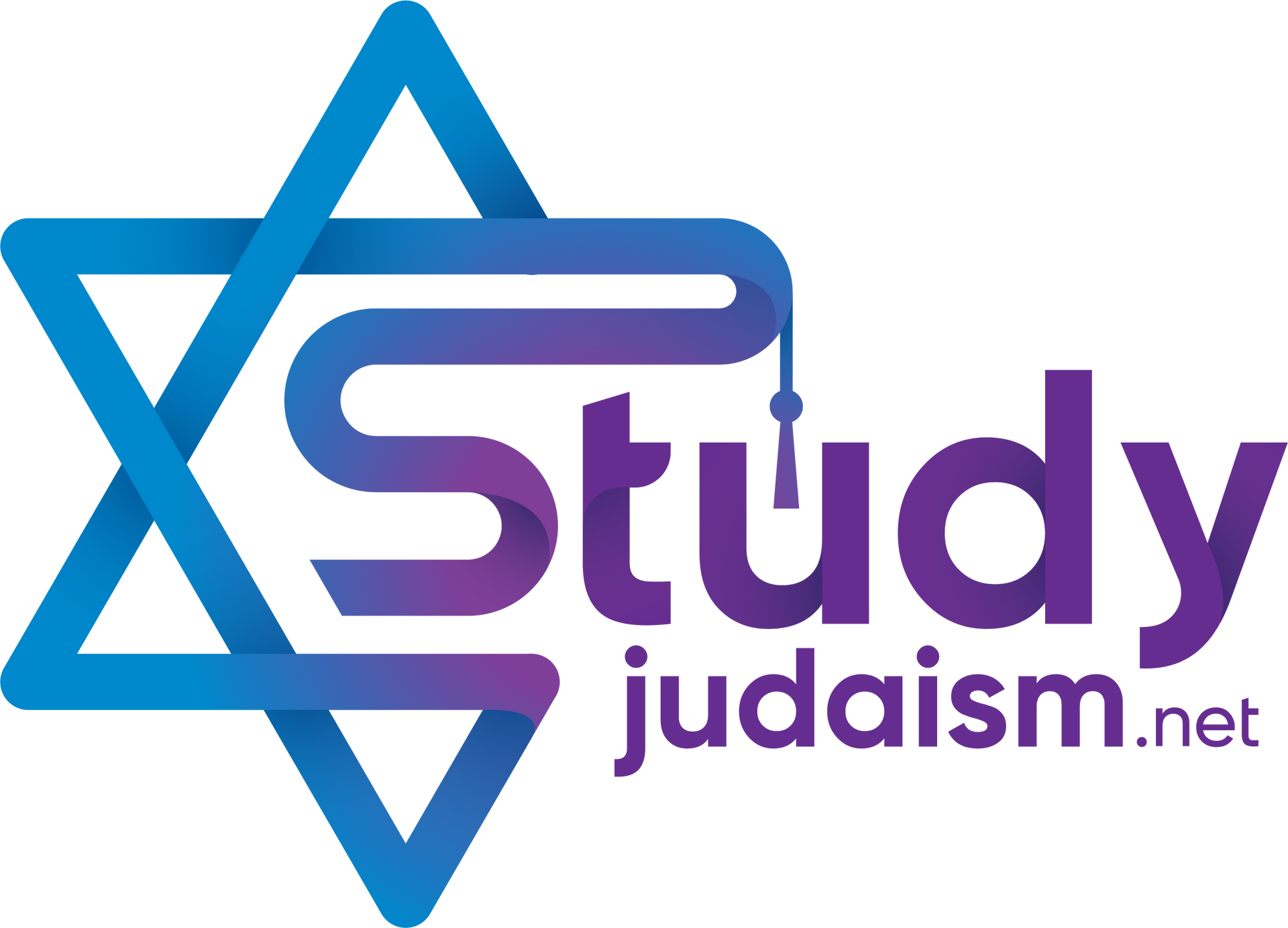

What is Judaism?
Judaism is a religion, a culture and a people.
Judaism is a rich tapestry woven of religious beliefs, practices and prayer, the ethics of the Prophets and sages, the traditions of our ancestors, a shared historical experience, a common language of prayer, and a way of life.
Central to Judaism are the concepts of God, Torah, and land of Israel.
Judaism teaches that the entire world exists in a state of potential holiness and the human being is needed as God’s agent to create holiness.
Thus all Jewish rituals and events are focused on creating holiness through our deeds and actions.
שְׁלשָׁה דְבָרִים הָעוֹלָם עוֹמֵד, עַל הַתּוֹרָה וְעַל הָעֲבוֹדָה
וְעַל גְּמִילוּת חֲסָדִים
"The world stands upon three things: the Torah, service, and the practice of acts of kindness." -Ethics of Our Fathers 1:2
Belief in God
Judaism teaches that one God created the universe and all that is in it. Furthermore, Judaism teaches that The Creator has a purpose for all of humanity and creation. Namely, that we are to conduct moral lives and go beyond ourselves as limited, physical human beings
Judaism teaches that humans were created to be God’s partners in the process of creation.
The Torah
The Torah is the foundation of Jewish practice and belief.
The Torah (also known as the Law of Moses), is written in Hebrew. It is the first section, or first five books of the Bible (‘Old Testament’ in Christianity).
In Orthodox Jewish Tradition, it is believed that The Torah was dictated by G-d to Moses on Mount Sinai; however, Conservative/Masorti and Reform movements share a belief that The Torah was inspired by G-d but written by Moses, the recipient of the original revelation from God on Mount Sinai.
The Torah contains not only the history of the Jewish people - beginning with the creation of the Universe and ending with the death of Moses (Deuteronomy chapter 34) after he had brought the Israelites out of Egypt, but it also contains 613 mitzvot, Divine Commandments, that shape the life of Jews everywhere.
Many Jewish people see each letter and every nuance as a sacred communication from G-d, imbued with spiritual significance and deep meaning.
Genesis or Bereishit in Hebrew: Both words mean “In the Beginning”, named because the opening lines describe how G-d created heaven and earth.
It details the creation of the universe and the early history of the Jewish nation, including the stories of Adam and Eve, Noah and the flood; Abraham, 10 generations from Noah, who faithfully follows G-d to the future Land of Israel and overcomes multiple tests that G-d demands of him; Abraham’ son Isaac; his sons’ Jacob and Esau; and Joseph who ends up in Egypt after being sold to slave traders by his brothers. Genesis ends with the whole family of Jacob a total of 70 people living in Egypt.
Exodus : It is called Shemot (names) in Hebrew because it opens with the verse, “These are the names of the children of Israel . . .”
The book describes the time of the slavery in Egypt; the 10 plagues; the Exodus from Egypt with the splitting of the Red Sea; the giving of The Torah on Mount Sinai and the building of the Tabernacle. After giving the Torah at Sinai, G-d asked Moses to create a home for Him, so that He could dwell among His people. This was the Tabernacle (Mishkan in Hebrew) a portable spiritual sanctuary, in the middle of the desert, where G-d could be close to the Israelites, communicate with Moses and where the High Priest Aaron (Moses’s brother) offered the sacrifices.
Leviticus : It is called Vayikra in Hebrew after the first word of the text, which means “and He called”. It is called Leviticus, because so many of its laws describe the requirements and lifestyle of the descendants of Aaron, the Levite priests. The book describes in detail how the people must be sanctified through living a holy lifestyle, and includes guidelines and laws relating to Temple sacrifices, ritual purity, keeping kosher, indulging in forbidden relationships, serving idols, sanctity of The Land of Israel, and keeping the Holy Days.
In the final part, G-d tells the people that if they follow His laws, they will live in peace and security. If, however, they choose to ignore His Torah, they will endure persecution, starvation and fear. But it assures the people that even then, G-d will remember His covenant and redeem His people.
Numbers : It is called Bamidbar in Hebrew (“In the Desert”) as it gets its name from its opening verse, “And G-d spoke to Moses in the desert of Sinai . . .” It is the Book of Numbers because it begins and ends with a detailed census of Israel. At the beginning, the total number of male Israelite warriors (excluding the Levites) is 603,550. The book describes the numerous events that took place during the journey of the Israelites in the wilderness on their way to the Promised Land, including G-d counting the people; the arrival of the ‘manna’ (food) from heaven; the sending out of ‘spies’ to check out the Promised Land - when they return with tales of a desolate land inhabited by giants, the people rebel in fear. G-d responds by informing them that as a punishment they will spend the next 40 years in the desert, during which time almost all adults over the age of 20 will perish; the mutiny led against Moses by Korach the son of Izhar as a result of which the leaders of the mutiny plus their households are swallowed up by the earth; both of Moses’s siblings Miriam and Aaron die.
At the end of the book, G-d once again has the warriors counted, and the total is 601,730, slightly fewer than there were 39 years earlier.
Deuteronomy : It is called Devarim in Hebrew meaning “words” or “things,” the title is based on the opening line, “And these are the words that Moses spoke to the children of Israel.”
Nearing his 120th birthday, and the end of his 40 years of leadership, Moses speaks to the people, preparing them for their new lives in the Promised Land. Because Moses recounts many of the events and commandments previously recorded in the other books of the Torah, it is also known as Mishneh Torah i.e. a second Torah,” or Deuteronomy from the Greek, “second law”.
Israel
The word Israel has many meanings. It refers to the modern State of Israel, a country that has existed for thousands of years. Israel also refers to the Jewish people, and thus connotes the peoplehood aspect of Judaism. In the Torah, Jacob is renamed Israel and is told the name means “one who wrestles with beings divine and human.” Being Israel means being one who struggles, struggles for deeper meaning, struggles to make the world better, struggles in the process of becoming a better human being.
Three Major Branches of Judaism
Orthodox
Orthodox Judaism stands behind total adherence and observance to both the Written and Oral Laws of Judaism including the Torah and Rabbinical Law. Orthodox Judaism can be subdivided further into Modern Orthodox and Ultra Orthodox.
Conservative
The Conservative movement is the midpoint between Orthodoxy and Reform which created new practices in an attempt to provide a balance between the two.
Reform
The Reform movement emphasizes tradition over the obligations of Jewish law. Reform Judaism seeks to offer leniency and adapt Jewish tradition to modern times, emphasizing personal choice in matters of ritual observance and Jewish Law.
All Rights Reserved | Converting to Judaism


